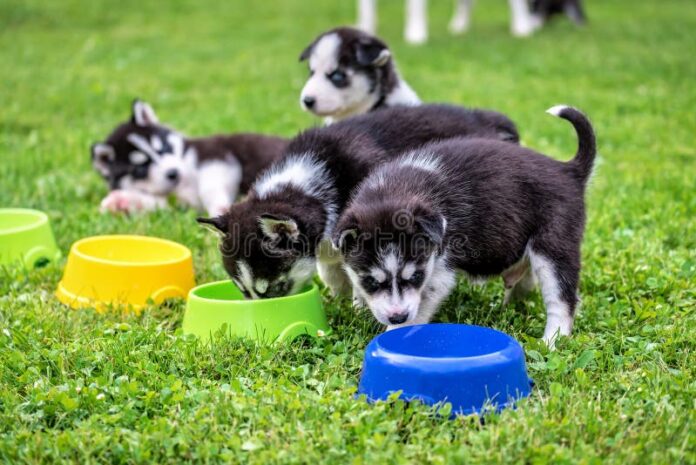Is your furry friend munching on your lawn lately? Husky eating grass is a behavior that often leaves pet parents scratching their heads. As a dedicated pet owner, it’s natural to wonder if this seemingly strange habit is something to worry about Let’s dive deep into why your Siberian companion might be turning your backyard into their personal salad bar.
The Natural Instinct Behind Grass Eating
Siberian Huskies, like their wolf ancestors, sometimes display peculiar eating habits that might seem unusual to us humans When you spot your husky eating grass, it’s important to understand that this behavior isn’t necessarily harmful. In fact, it’s quite common among dogs, and there are several reasons behind it.
Common Reasons Why Huskies Eat Grass
1. Dietary Needs
- Fiber supplementation
- Nutrient deficiencies
- Natural instinct for roughage
2. Digestive Relief
- Upset stomach
- Natural laxative effect
- Helps with indigestion
3. Behavioral Reasons
- Boredom
- Anxiety
- Learned behavior
Should You Be Concerned?
While seeing your husky eating grass might be worrying it’s usually not a cause for immediate concern. However it’s essential to monitor this behavior and ensure your pup’s safety. For more detailed information about various dog behaviors and health concerns, check out our comprehensive dog care guides.
Tips to Manage Grass Eating Behavior
-
Ensure Proper Nutrition
- Feed high-quality dog food
- Consider adding fiber-rich supplements
- Maintain regular feeding schedule
-
Environmental Enrichment
- Regular exercise
- Mental stimulation
- Interactive toys
-
Safety Precautions
- Check for treated grass
- Monitor for excessive consumption
- Watch for pesticides
When to Consult a Veterinarian
If your husky’s grass-eating habit becomes excessive or is accompanied by these symptoms:* Vomiting* Diarrhea* Loss of appetite* Lethargy
The Role of Diet and Exercise
A well-balanced diet is crucial for preventing compulsive grass eating. At Pet like boss, we understand the importance of proper nutrition and exercise for your furry friend’s overall well-being.
Preventive Measures
-
Diet Modification
- Include fiber-rich foods
- Consider probiotics
- Maintain consistent portions
-
Exercise Routine
- Daily walks
- Playtime
- Mental stimulation activities
-
Environmental Management
- Safe grass alternatives
- Indoor activities
- Supervised outdoor time
Understanding Your Husky’s Needs
Every husky is unique, and their grass-eating habits might vary. Some may never show interest in grass, while others might make it their favorite snack. The key is understanding your pet’s individual needs and behaviors.
Natural Alternatives to Grass
If you’re concerned about your husky eating grass, consider these safer alternatives:* Wheat grass* Dog-safe herbs* Specialized pet grass
The Bottom Line
While husky eating grass is generally normal behavior, it’s important to monitor the frequency and any accompanying symptoms. Remember that this habit often stems from natural instincts or dietary needs, but excessive consumption might indicate underlying issues.
Expert Tips for Husky Parents
-
Regular Health Check-ups
- Annual veterinary visits
- Dental examinations
- Parasite prevention
-
Dietary Considerations
- High-quality protein sources
- Balanced nutrients
- Appropriate portion sizes
-
Behavioral Training
- Positive reinforcement
- Consistent commands
- Regular socialization
Creating a Safe Environment
Ensure your yard is:* Free from harmful chemicals* Properly maintained* Safe for exploration
Final Thoughts
Understanding why your husky is eating grass helps you better care for their needs. While it’s typically harmless, staying attentive to changes in behavior ensures your furry friend remains healthy and happy.
Remember, every dog is different, and what works for one might not work for another. Stay patient and observant as you work to understand your husky’s unique preferences and needs.
By following these guidelines and maintaining regular communication with your veterinarian, you can ensure your husky stays healthy while satisfying their natural instincts in safe ways.
Always prioritize your pet’s well-being and don’t hesitate to seek professional advice when needed. After all, our four-legged friends rely on us to make the best decisions for their health and happiness.












